Polytetrafluoroethylene (PTFE), commonly known as the “Plastic King,” is a high molecular polymer synthesized from tetrafluoroethylene monomers. It is white, waxy, semi-transparent, and exhibits excellent heat and cold resistance, withstanding temperatures from -180 to 260°C for extended periods. This material is resistant to acids, alkalis, and various organic solvents, virtually insoluble in all solvents. Moreover, PTFE boasts a low friction coefficient, making it an ideal coating for the inner surface of water pipes, facilitating an easy cleaning system.
Both ePTFE and pure PTFE have excellent industrial applications with superior features. However, the range of application of ePTFE is wider than PTFE. The main differences are as follows:
Expanded PTFE (ePTFE) finds applications in the following areas:
- High-performance fabrics: e-PTFE films, characterized by their thinness, durability, waterproofness, and windproofness, can be processed into fabrics with different levels of water permeability or “breathability.” These fabrics, comfortable and protective, are widely used indoors and outdoors by medical personnel, firefighters, military and emergency personnel, as well as for activities such as hiking, skiing, cycling, and golfing.
- Medical implants: Due to its inert nature, ePTFE exhibits strong biocompatibility, causing no rejection reactions in the body. With its micro-porous structure, ePTFE is employed in various rehabilitation solutions, including artificial blood vessels and patches for soft tissue regeneration, as well as sutures for vascular, cardiac, general surgery, and plastic surgery, benefiting both medical professionals and patients. Medical products made from ePTFE can coexist harmoniously with the body’s tissues, restoring their normal functions.
- Gaskets and sealing materials: Due to the high softness and rebound resilience of expanded PTFE gaskets, they can be used for sealing interfaces of different hardness, such as rigid metal interfaces, fiberglass interfaces, plastic lining interfaces, and enamel or steel-lined glass interfaces. These gaskets exhibit excellent leak resistance, with gas leakage rates below 1×10^-4. Therefore, expanded PTFE gaskets can also be used for sealing corrosive gases, such as chlorine gas and vinyl chloride gas, helping many large caustic soda plants and chlor-alkali plants solve the gas leakage problem.
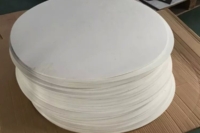
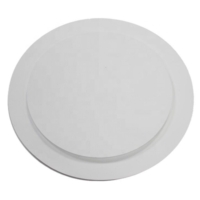
Compared to expanded PTFE, pure PTFE has the following applications:
- Electrical industry: In industries such as aerospace, aviation, electronics, instruments, and computers, pure PTFE is used as an insulation layer for power and signal lines, as well as for corrosion-resistant and wear-resistant materials. It can be made into films, plates, rods, bearings, gaskets, valves, and linings for chemical pipelines, fittings, and equipment containers.
- Electrical appliances, chemical, aerospace, and mechanical fields: Pure PTFE replaces quartz glass vessels and is applied in industries such as atomic energy, medicine, and semiconductors for ultra-pure chemical analysis and storage of various acids, alkalis, and organic solvents. It can be made into high-insulation electrical components, high-frequency wire, and cable insulation, corrosion-resistant chemical vessels, cold-resistant oil pipelines, and artificial organs, and can also serve as an additive in plastics, rubber, coatings, inks, lubricating oils, and greases.
- Pure PTFE has excellent heat resistance, corrosion resistance, electrical insulation, aging resistance, low water absorption, and outstanding self-lubricating properties. It is a versatile lubricating powder suitable for various media, forming a dry film quickly, and can be used as a substitute for graphite, molybdenum, and other inorganic lubricants. It is suitable for demoulding agents for thermoplastic and thermosetting polymers, with excellent load-bearing capacity. It is widely used in the rubber and elastomer industry, and corrosion prevention, among other fields.


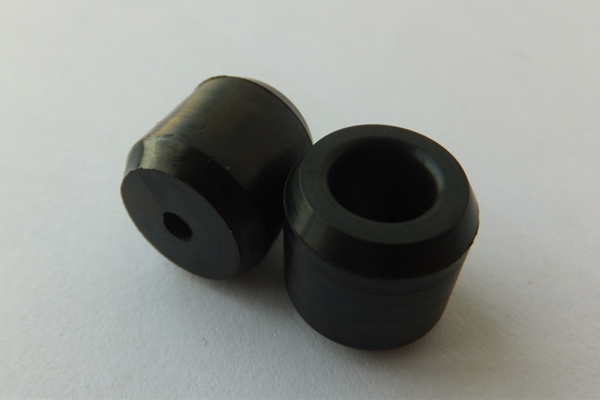
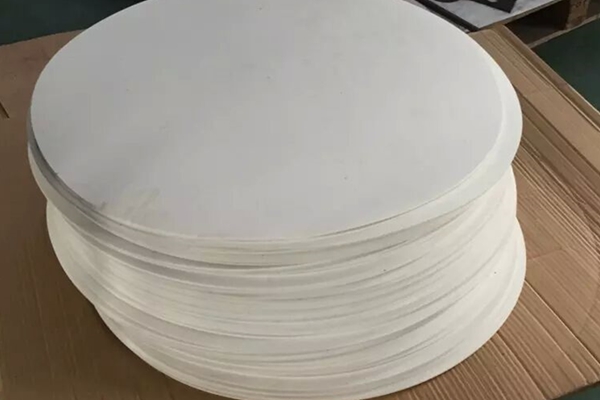
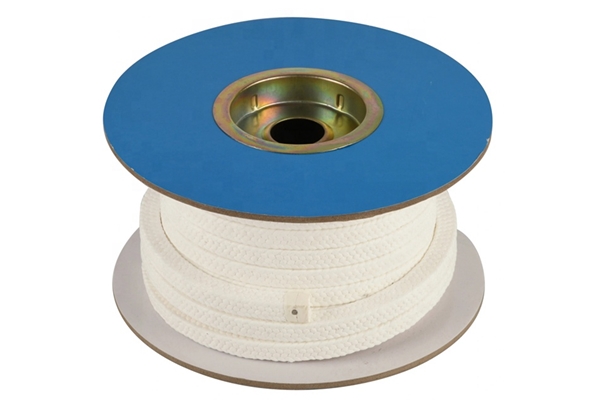
Leave A Comment